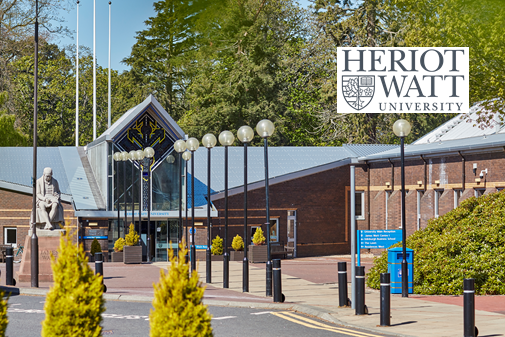Heriot-Watt University Partners with UKATC to Advance Scotland’s Space Research
18th Feb 2021
Growing Scottish space ambitions are reflected not only in spaceport development. Edinburgh academics now join in to conduct more research about outer space. The question of whether there’s life on distant planets is at the heart of the collaboration between Heriot-Watt University and UKATC.
Since the space industry is a broad field, the collaboration will mainly deal with astrophotonics. Astrophotonics is the field that deals with photonics that shares a resemblance to electronics. Such research will come in handy as more astronomers concentrate on profound space studies.
It’s a crucial project, evident from the amount of funding the collaboration has received, totaling £890,000. The sum comes from the UKRISTFC (UK Research and Innovation’s Science and Technology Facilities Council), an organisation known for supporting academics in numerous fields in the UK.
Heriot-Watt’s head Professor of Photonic Instrumentation, Robert Thompson, recently expressed that it’s time for a change in the field. Standard approaches to telescopes and other optical instruments face limitations, and there’s a need for change. The best way is to find options to overcome those limitations, which will help astronomers research deep space further.
Heriot-Watt University Plans to Continue Deep Space Research
Scotland’s space industry is undergoing tremendous growth, and now Heriot-Watt University has plans to advance optical components in the field of astrophotonics. According to Professor Thomson, the primary way to accomplish this goal is to upgrade photonics by removing the limiting shape.
The best way to do so is by advancing manufacturing, which ensures future instruments used by astronomers cost less and are more effective.
Another advancement intended to change the game is from Professor Derryck Reid, who leads a team looking into upgrading light measuring astronomers’ techniques. The professor stated that his team’s goal is to demonstrate miniature lasers that can be used to measure the wavelength of light.
Many astronomers are set to benefit from this as they measure starlight wavelength with utmost precision. The results are years or decades of available comparison for the Scottish space industry.
Since larger telescopes will cost more, the collaboration between Heriot-Watt University and UKATC offers new opportunities to advance Scotland’s space industry.






Thank you for your comment! It will be visible on the site after moderation.